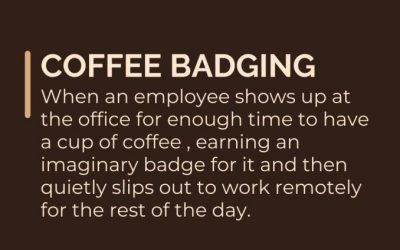Following the attacks at an Orlando nightclub the question is where is this behaviour allowed to breed? As an employer or manager we need to be aware that homophobic comments by employees or third parties can get employers into hot water: the European Court of Justice (ECJ) ruled that Romanian football club FC Steaua was engaging in discriminatory hiring practices after one of its well-known shareholders said that he would rather close the club than hire a gay player.
While it was established that the shareholder in question was not responsible for recruitment, he was perceived by the public as somebody who played a leading role in the club. The failure of the club to condemn and distance itself from his remarks was very damaging and the ECJ found that a case of discrimination could be inferred against the club from his comments.
In contrast to the US, where it is still legal in 29 states for an employer to discriminate against and fire workers for being gay, UK workers are protected against discrimination, victimisation and harassment because of sexual orientation by the Equality Act 2010. The Act doesn’t just protect the rights of gay workers: tribunals have also found in favour of heterosexual employees, such as in the case of a female employee who was made redundant from a gay bar and immediately replaced with a gay male employee.
Employers can be liable for the conduct of their employees and third parties, unless they can show that they have taken sufficient steps to prevent the discrimination, victimisation or harassment from taking place. Such steps would include: properly investigating complaints of unlawful behaviour, taking disciplinary action against any employee found to be discriminating against or harassing another, and implementing and adhering to rigorous equal opportunities and anti-harassment policies.
Employers should be aware that homophobic workplace ‘banter’ can amount to sexual orientation harassment even when the victim is neither gay nor perceived to be gay (for example one case, in which the heterosexual claimant was repeatedly called a “faggot” by colleagues). In a 2011 case, a tribunal found that an employer had harassed a (heterosexual) employee because of sexual orientation, when two of its employees used his iPhone without his permission and changed his status update on Facebook to read “finally came out of the closet, I am gay and proud”. The employee was not gay and did not believe that his colleagues thought he was.
This high-profile tweet is a reminder of the prevalence of social media and of the speed with which discriminatory comments can capture the public’s attention. In light of the huge increase in popularity and use of social media, employers should consider adopting a social media policy that sets clear standards for employee use of social media, and reminds employees that inappropriate online conduct can constitute a disciplinary offence.
Such a policy should provide example of inappropriate conduct, include prohibitions on negative, defamatory or discriminatory comments about the company and its employees, and should cross refer to the employer’s bullying and harassment and equal opportunities policies and as a best practice should be presented to all employees at induction stage.
If due to such conduct your organisation has to recruit Langley James can assist you in finding high calibre IT support and Development professionals please call 0207 788 6600 or go to www.langleyjames.com to see how we can help you.











